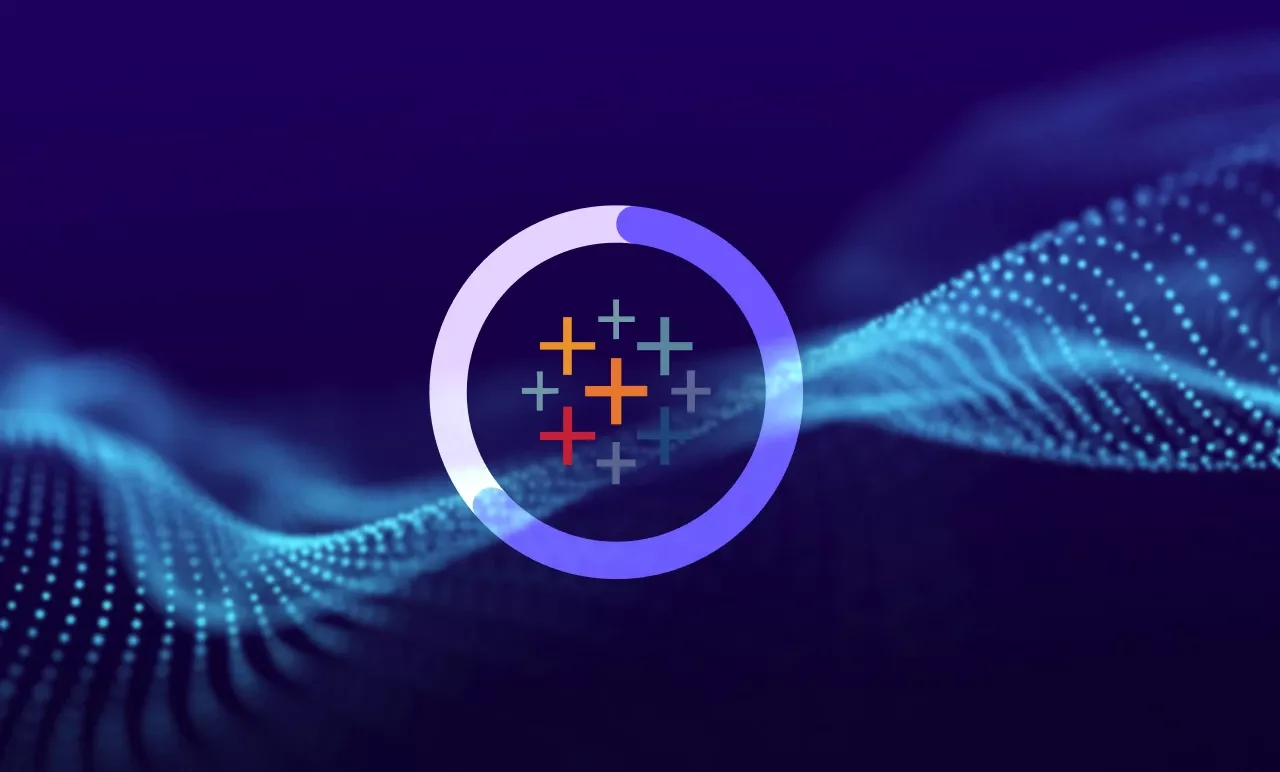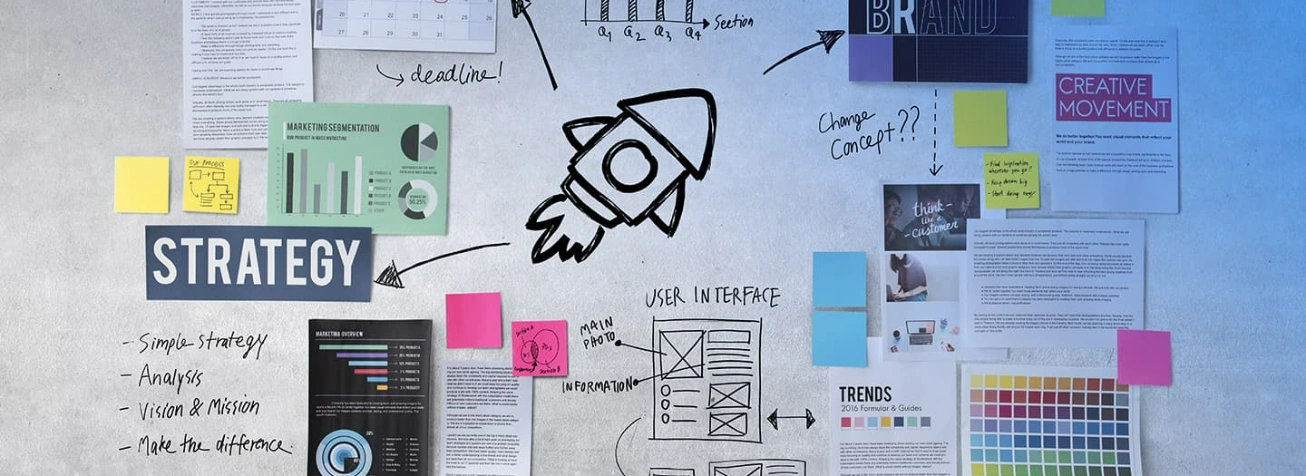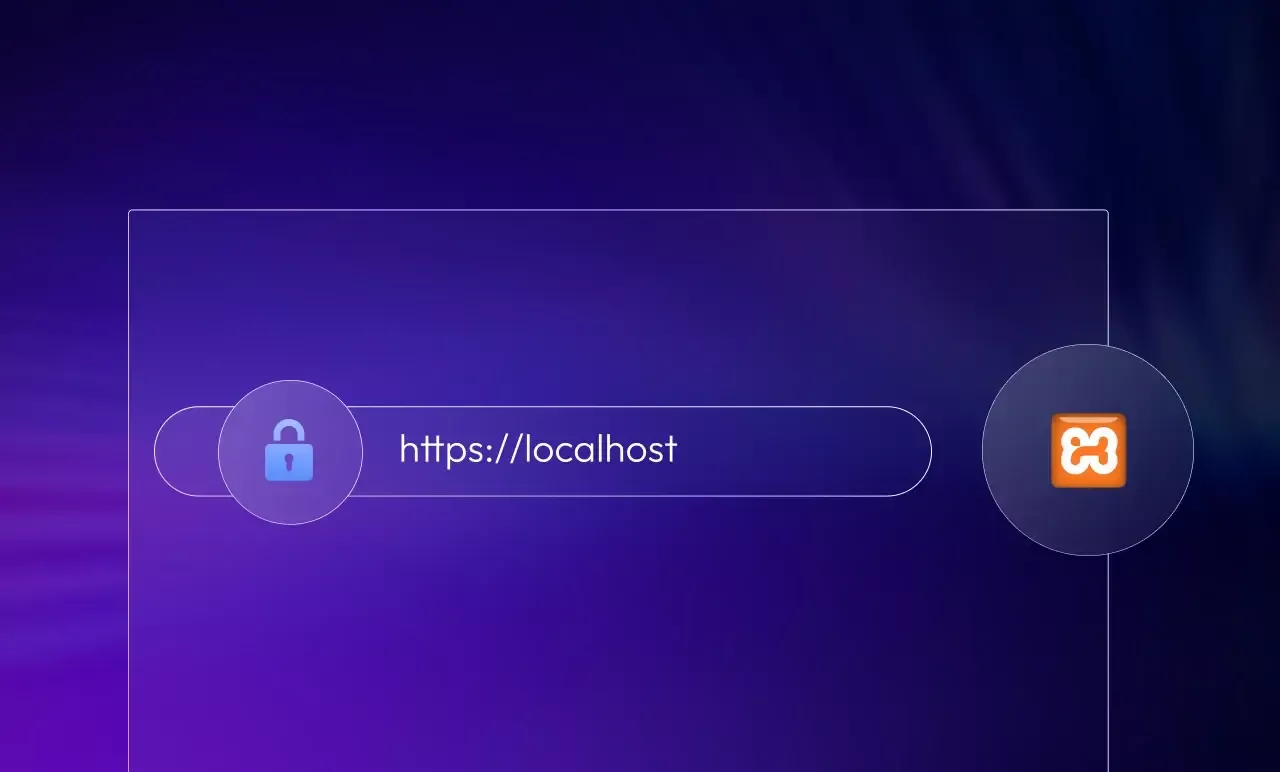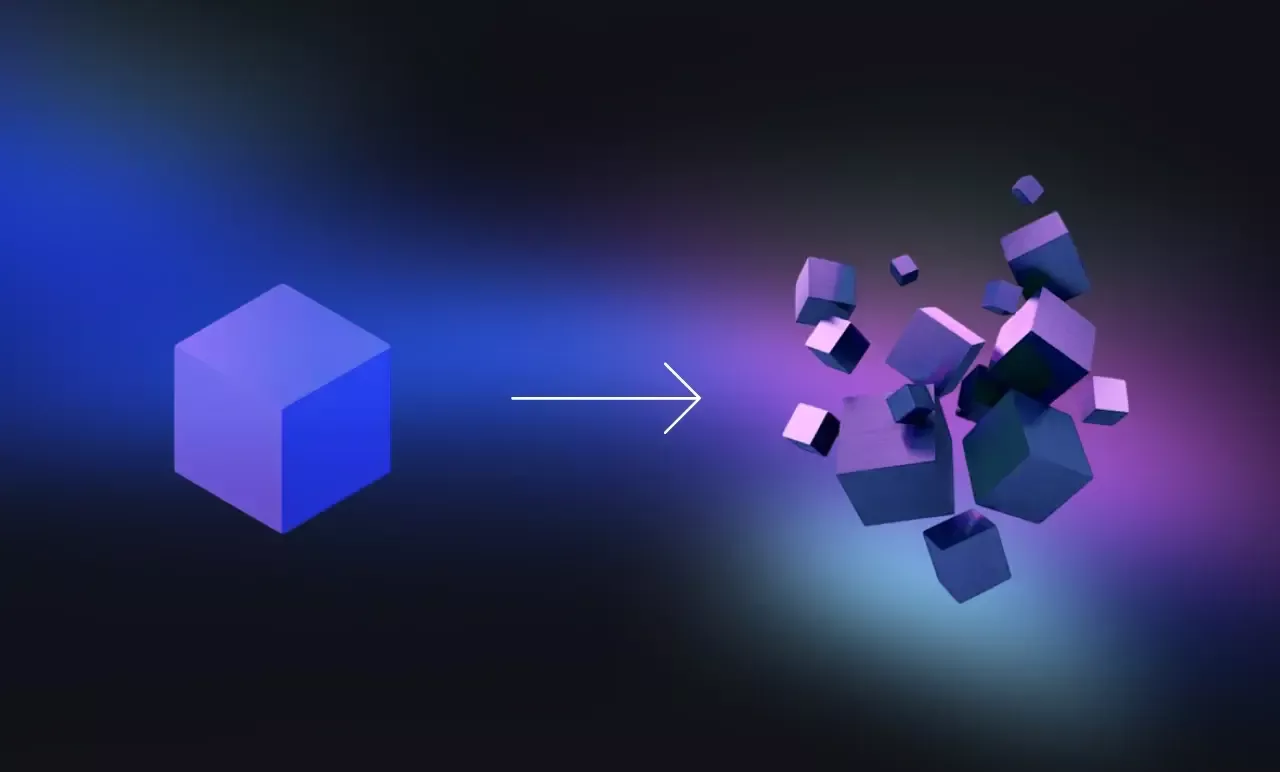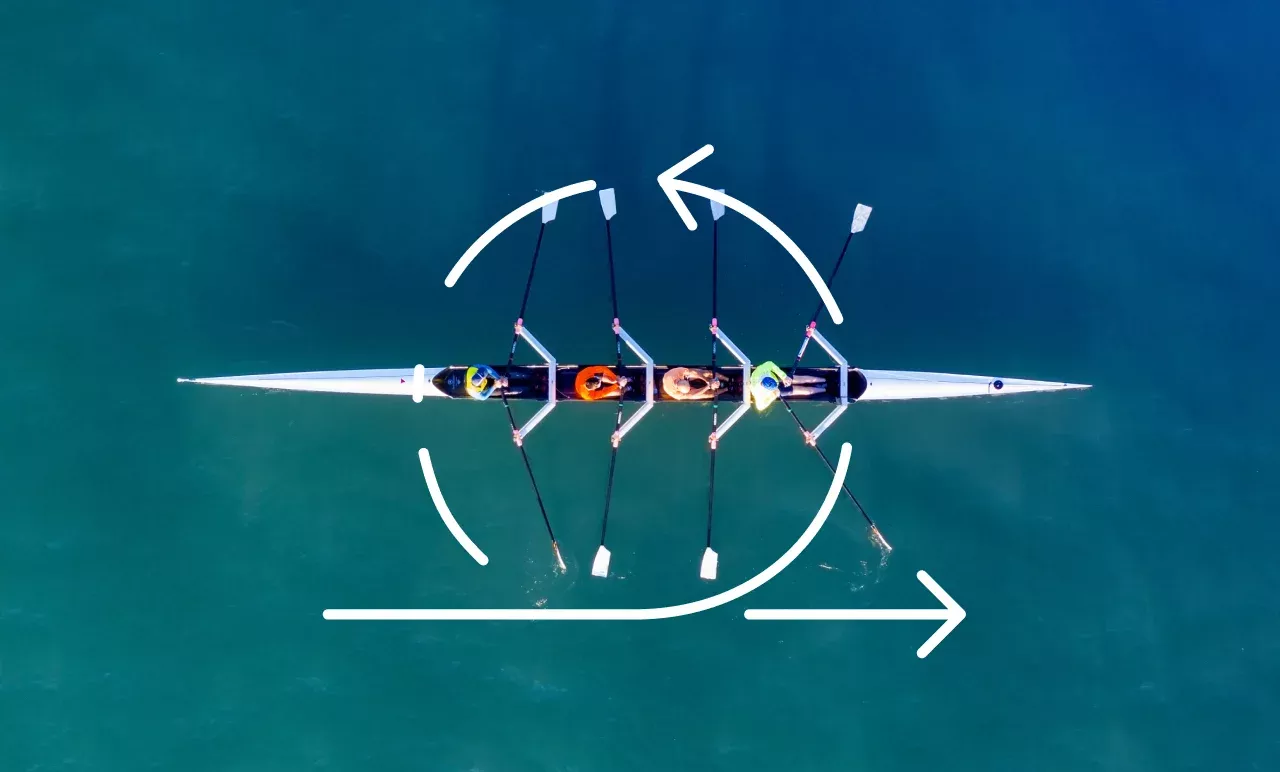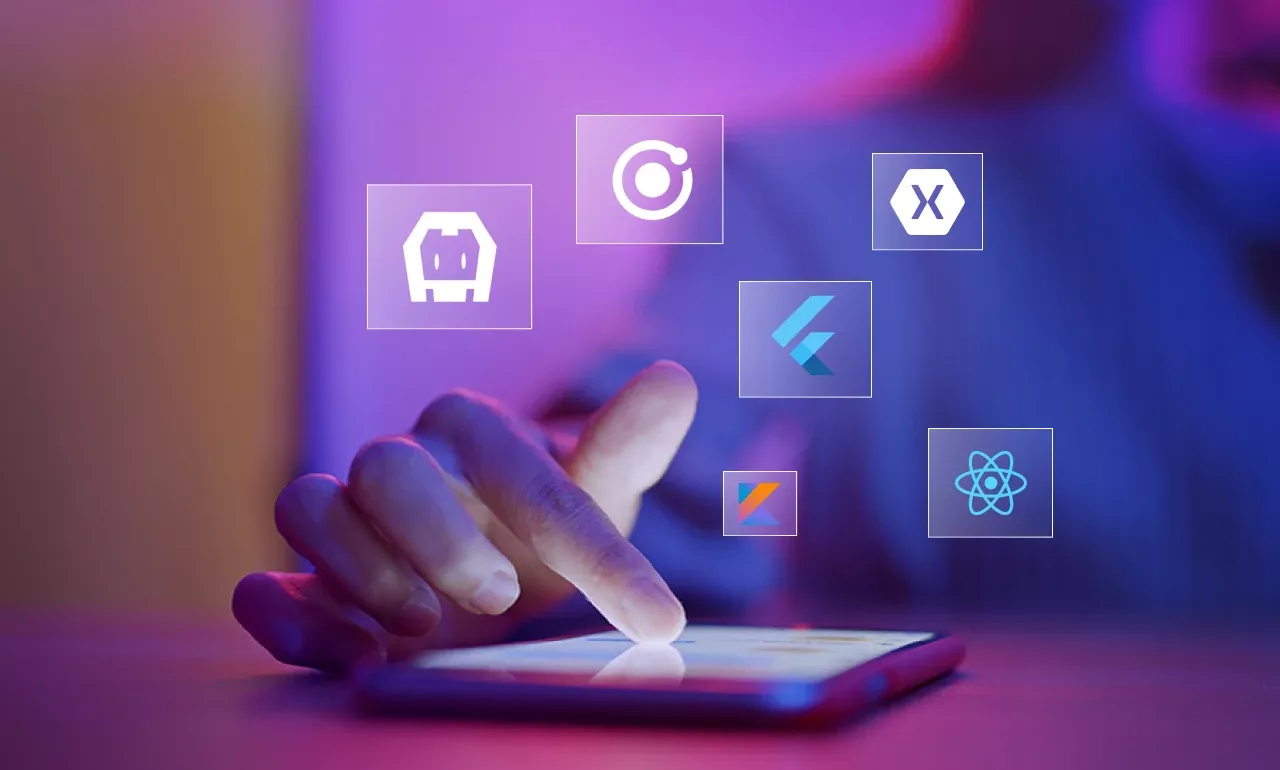The Power of Data Visualization Using Tableau
How the 5 Stages of Design Thinking methods help to create user-centric designs?
What is Design Thinking?
Design thinking is an actionable approach to combat with several problems that cannot be solved with standard methods and approaches. It is an ideology to crack the tough nut by adopting a designer’s mindset and dealing with the issues from a user’s perspective. The ‘design thinking’ processes foster creativity, innovation, user-centricity, and out of the box thinking. It aims at landing on practical solutions that are-
- Economically Feasible: The process you want to implement for user-centric solutions must be economically affordable by the business.
- Technically viable: The ideology can be actualized into functional products or processes.
- Tailor-Made for the user: As the solutions are user-centric, they meet the desire and requirement of a real human.
It is extremely important to prioritize human needs and tackle the complex problems that were previously ill-defined. With a methodical approach in design-thinking processes, you have to reconstruct the crisis in a human-centric way, stimulate your thoughts and bring on as many ideas as possible in brainstorming sessions, narrow down the relevant ones, and adopt a hands-on approach in prototyping and evaluating.
Let’s get into the 5 Stages of Design Thinking Process
1. Empathy to understand user-centric problems
The concept of design thinking was first initiated to respond to human needs. The first stage focuses on how to understand the problems before tackling it. Humans, not technology are the drivers of innovation. Hence, stepping into the user’s shoes to understand their experience is one of the most essential steps to empathize with your target audience.
Empathy allows designers to gain insight into the user’s mind to acquire a substantial amount of information regarding their needs, and problems that trigger the need for certain product development.
2. Defining the Problem
In this stage, the designers need to put together all the information they have gathered in the empathize stage. They analyze their observations, synthesize them to define the primary problem. It must be noted that the problem statement must be defined in a human-centric manner.
Instead of clarifying the problem as your company’s wish or need, define it from the user’s perspective. For example, instead of saying, “We need to increase the personal care and hygiene products among women by at least 10%, a far better way to define the crisis would be, “women need to use personal care products and maintain their hygiene to be healthy.”
3. Ideation
Design thinking is a solution-based process. In this stage, the designers generate ‘out of the box’ ideas and come up with different potential solutions. After analyzing and synthesizing the human-centered problems in the earlier stage, the ideation stage gives room to evoke new ideas and think about alternative ways to evaluate the problems. Several ideation techniques are-
- Brainstorm
- Brainwriting
- Worst possible idea
- Scamper
Brainstorm technique and the worst possible idea sessions are judgment-free zones which help the designers to stimulate free thinking. At the beginning of the ideation phase, it is important to get as many ideas as possible. By the end of the ideation process, you must pick some relevant ideas so that you can move forward to providing the elements required to implement those.
4. Experimentation with Prototype
Having identified the best possible solution, we aim at implementing those solutions into prototypes at this stage. Prototypes are the ‘scaled-down’ versions of the concept the designers want to test. Prototyping strategies must be tangible to test on the real users.
Depending upon what they are testing, the designers can work on interactive digital or basic paper model prototypes. They are tested and lead to three possible outcomes. Either they are accepted or they are re-examined, improved, or they are rejected based on the users’ feedback.
As design thinking is an interactive approach, the designers must deal with the repeated changes throwing at them. They have to omit certain things, uncover the flaws in the prototype, and revamp it accordingly.
5. Testing
Having narrowed down the best solutions during the prototyping stage, the designers rigorously test it in the final stage. This phase helps them to identify where the prototype works well and where it needs some improvement. When a testing session has been run, the evaluators observe how the target users have reacted. With an observation of the user-prototype reaction and verbal feedback of the real users, the designers amend their design or come up with a brand-new idea!
With a profound understanding of these five stages of design thinking processes, the designers will be empowered to implement the Design Thinking methods to solve complicated user-centric problems.
Thinking about Implementing Design Thinking? Consult with us!
Write to us [email protected]
or ring us at +91-98367-81929.
Email us or Talk to us at +91-98367-81929 or Simply Contact Us through the website.
Let's Connect


